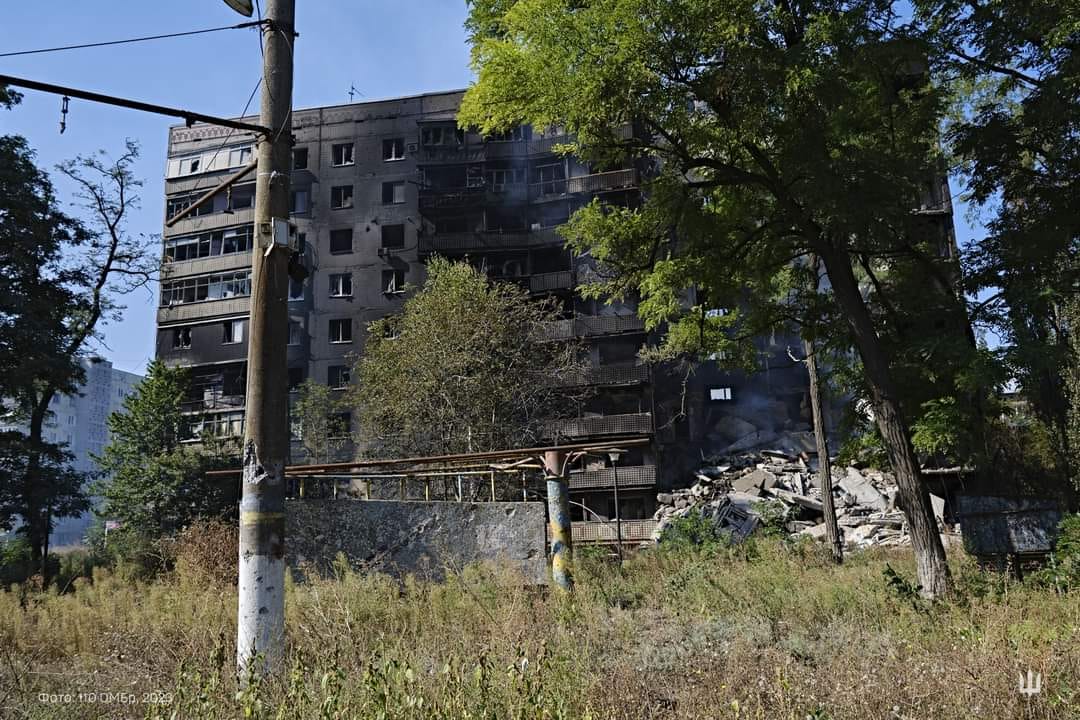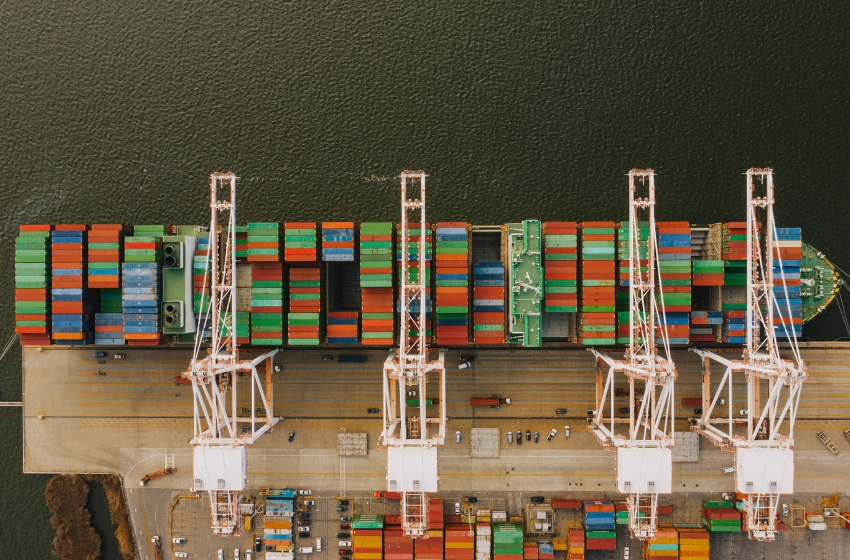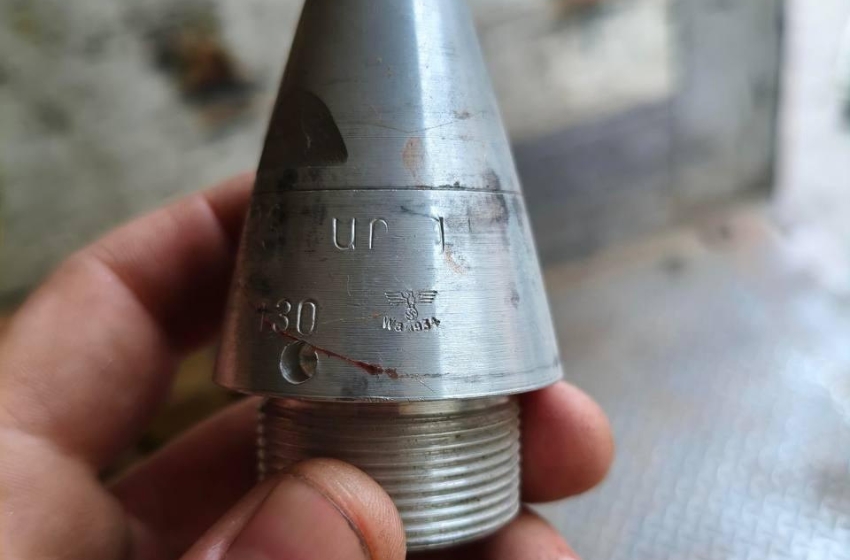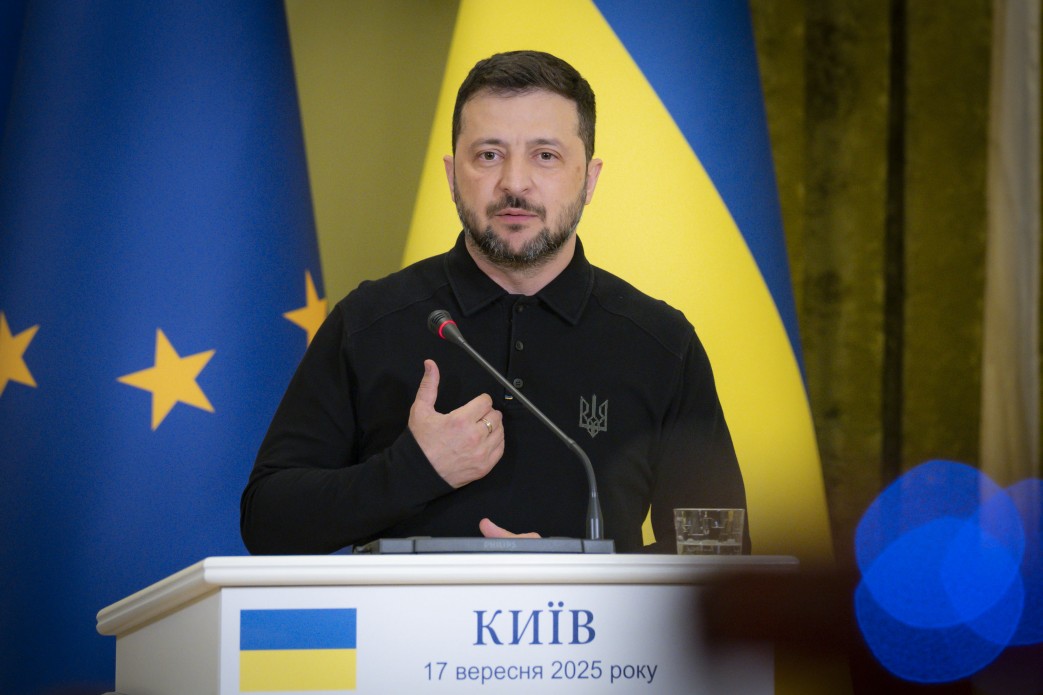"On the Eurasian continent, there are four states that dream of reviving their imperial past: China, Russia, Turkey, and... Hungary. The intentions of Budapest are camouflaged, unlike the Asian trio," wrote Alexander Kovalenko, a military and political analyst of the 'Information Resistance' group in his blog in Telegram.
"The victorious countries of the Entente and defeated Hungary concluded the Treaty of Trianon after World War I, under which Hungary lost 63.2% of its population and two-thirds of its territory, which was 'distributed' among neighbors:
• Romania: Transylvania and eastern Banat.
• Czechoslovakia: Slovakia, Subcarpathia (annexed to Soviet Ukraine in 1945).
• Yugoslavia: Croatia, Backa, and western Banat.
• Austria: Burgenland.
In the consciousness of the average Hungarian, the capitulation of 1920 is associated with the greatest national tragedy, while the revival of the empire is a grand phantom dream.
• 'We, members of the Hungarian nation, promise to preserve the intellectual and spiritual unity of our nation, torn apart by the storms of the past century,' - one of the first sentences of the modern Hungarian constitution.
• The modern coat of arms of the country includes medieval elements — the three green Hungarian mountains Tatra, Matra, and Fatra, two of which were 'taken apart' by neighbors.
• Orban's Fidesz party exploits the theme of imperialism, and Prime Minister Orban himself likes to embrace the symbolism of the 'Greater Hungary.
Hungary anticipates a weakened Europe and a strengthened China; Orban considers liberal democracy destructive, arguing that corruption, sex, and moral degradation are undermining the U.S. and, consequently, Western Europe. Instead, Budapest embraces 'illiberal democracy' and confesses: it feels more comfortable in the East than in Brussels.
• In October 2023, when the world sought to restrain Beijing and Moscow, Orban flew to the Beijing forum 'One Belt, One Road,' (OBOR/1B1R) where he showcased himself before Xi and Putin. The main message - building a shared future.
• Hungary buys Russian oil and gas, and since 2014, 'Rosatom' has been constructing a nuclear power plant in Hungary. Under the guise of a bank in Budapest, the headquarters of Russian intelligence were opened. Orban advocates for the Kremlin's aggressive policies and, logically, hinders Ukraine's Eurointegration.
• Ukrainian intelligence reported that Hungary was aware of Russia's future full-scale attack on Ukraine and even planned to annex part of Ukrainian territory. This hypothesis is indirectly confirmed by Orban's actions on the eve of the large-scale invasion - on February 1, 2022, he flew to the bunker.
• The Eastward tilt is explained by ethnic similarities. Hungarian ancestors lived in the northeastern part of the Ural Mountains, and the Hungarian language, related to the Khanty and Mansi languages, was significantly influenced by Turkic and Iranian languages. Therefore, Orban's foreign policy strategy is Turanism, which emerged in the 19th century in Russia and Austria-Hungary, based on the common origin of Turkic, Mongolian, and other Altaic peoples.
Today, Budapest de facto serves as an agent of influence for the revisionist East in the EU, blocking Sweden's entry into NATO and assistance to Ukraine. However, Brussels is in no hurry to remove this foreign body from its political fold.
• Article 7 of the EU treaty provides the possibility of suspending the rights of a member in case of fundamental principles' violation. Political 'amputation' would tie Budapest's hands, pushing it into the overt political embrace of China and Russia. Hence, Brussels merely manipulates Article 7 and has not yet applied it. In particular, Chancellor of Germany Scholz forced Orban to leave the room during the vote on the decision for Ukraine's European integration.
• It seems that under the control of Article 7, Brussels and Budapest will coexist for some time until the political landscape changes: either the Hungarian people elect new leadership, or Hungary openly aligns itself with the 'fraternal nations' of the East."





















